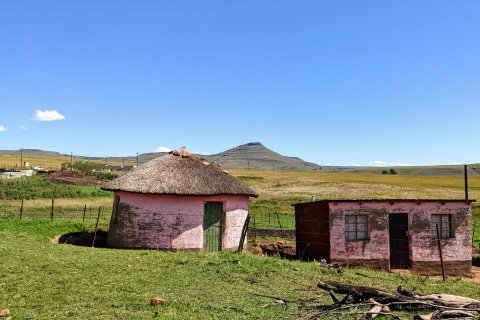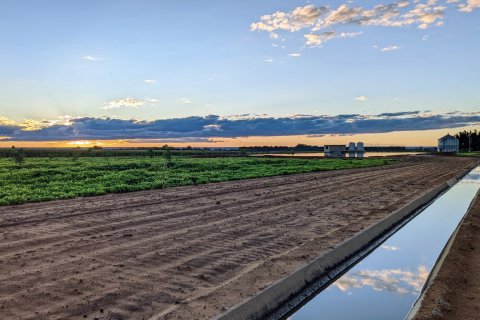Water-Energy-Food communities in South Africa: multi-actor nexus governance for social justice?

The WEF nexus is an approach that aims to secure a sustainable supply of water, energy and food by strengthening synergies and reducing trade-offs among these sectors. This transdisclinary project explores whether and under what conditions the Water-Energy-Food (WEF) nexus approach increases social justice in South Africa.
Agenda 2030 recognizes the importance of nexus (or integrated) approaches to achieve all of its 17 Sustainable Development Goals (SDGs). However, countries’ governance frameworks have not yet fully integrated knowledge about the WEF nexus into whole-of-government or whole-of-society approaches. Moreover, although Agenda 2030 portrays the nexus approach as one of its holy grails, it is unclear what pursuing the approach means for social justice.
Such issues are particularly pertinent in South Africa, where 14 million people experience inadequate access to food, 30 million lack access to basic water supply, and more than 15% has no access to energy. These problems are rooted in long-standing inequalities related to South Africa's Apartheid that are exacerbated by climate change. Furthermore, despite the fact that South Africa is one of the leading countries in researching the WEF nexus, South African policies do not yet incorporate its principles.
Since (in)justice around water, energy and food is influenced by resource use and access at the community or household level as well as by higher-level legal and governance frameworks, this research combines multilevel analyses of both.
Two case studies
The project aims to understand how WEF resources are distributed, used and produced at household and community level, what are their interlinkages, and what is the role of the poorest and women in decision-making around this. For this, we make use of two case studies, Matatiele (Eastern Cape) and Vaalharts community (Northern Cape). Also, the project delves into the challenges and opportunities for incorporating community WEF initiatives in South Africa’s legal frameworks, and what can be learned from EU legislation for increasing legal certainty and social justice.

Such objectives ask for inter- and transdisciplinary approaches. For this reason, our consortium is composed of experts in the fields of environmental governance, legal and regulatory frameworks, energy communities, water, energy and food security. Furthermore, stakeholder engagement and knowledge co-creation is considered a central aspect of the project to obtain relevant findings to support poor communities in improving their access to water, energy and food. Through active participation in the research, stakeholders from the community to the national level will build capacity and connections, including through a training of trainers' program targeting the poor, women and youth.
The project is carried out by Marjanneke Vijge and Michele Dalla Fontana in collaboration with Prof. Willemien du Plessis (North-West University), Prof. Martha Roggenkamp (University of Groningen), Dr. Leocadia Zhou (University of Fort Hare), and Mkhululi Silandela (WWF South Africa). The project is funded by a collaboration of NWO (the Netherlands) and NRF (South Africa).

